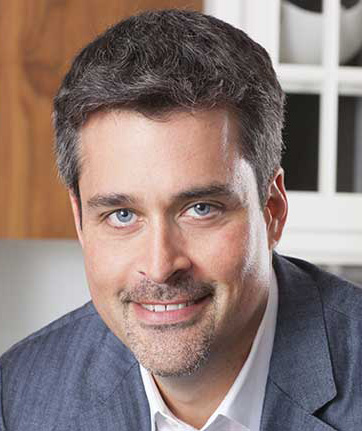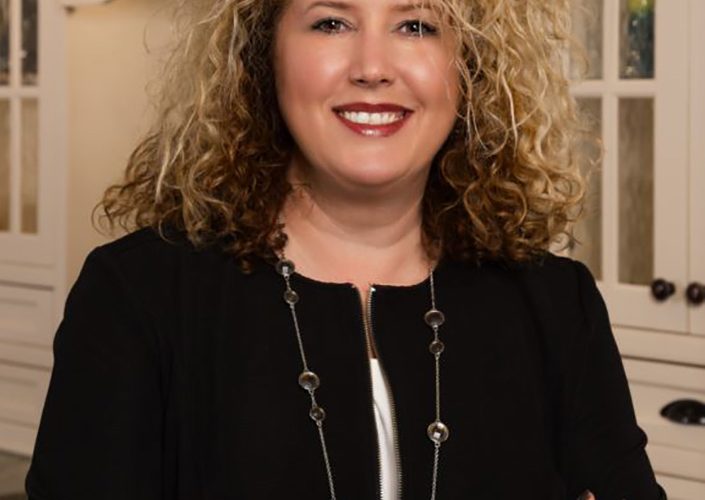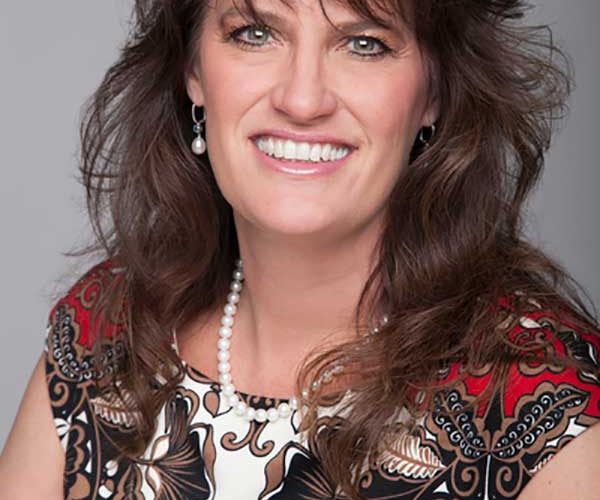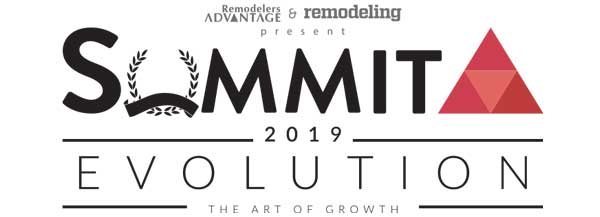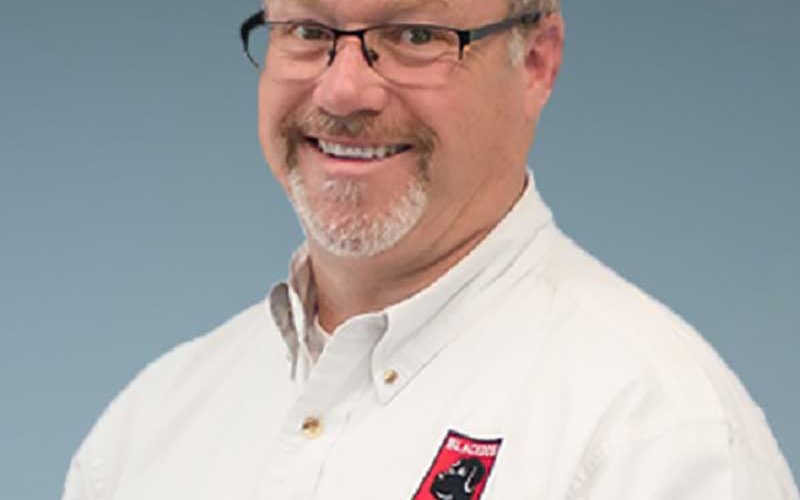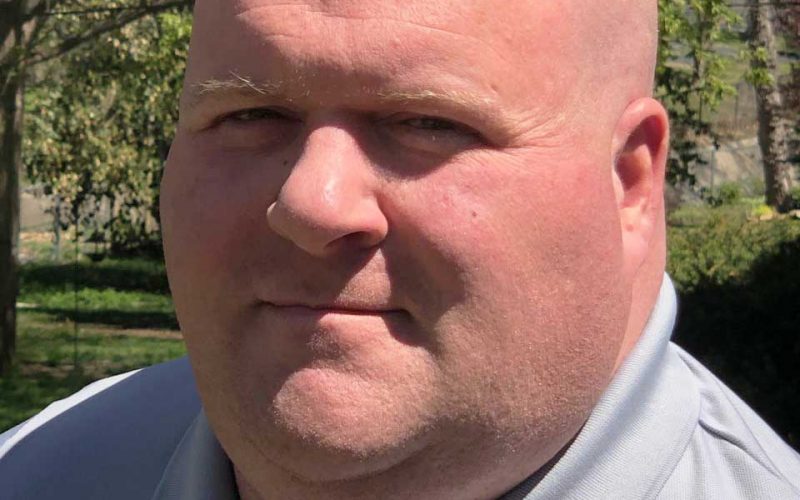Ep.67: Using Your Company For Charitable Giving with Russell Fuller
For many, caring for other people is just part of our world view — whether you give to charity through your church, through private donations, or through other methods like sponsored bike rides or other fundraisers. But if you haven’t considered involving your business, you should.
Russell Fuller’s first foray into giving to charity was a happy accident, he says. But then it became something more. He found that committing his company to support a non-profit’s mission wasn’t just a good deed, it turned out to be an effective marketing tool, as well
In this episode, Russell talks to Tim and Steve about what his involvement in a local non-profit means to him individually, and the positive effects it’s had on his business and team.
Russell founded Fuller Living Construction in Seattle 10 years ago, and now employs 19 people. FLC specializes in custom remodels in older homes. FLC provides for charities such as Aurora Commons and Wintergrass in Seattle.
Russell’s first five years in business were lean, but about three years ago the business found its financial footing, and he found himself with some excess money with no idea what to do with it. He accumulated $10,000 in cash in a Folger’s can in his basement. After visiting a friend involved with the Aurora Commons non-profit, which in need of funds or it would shut down. He was called to give that money. He went home and got the can and gave it to the charity (instead of fixing the clutch in his old Subaru). Russell gives 10 percent of his net profit to non-profits. He talks about the lasting impact of doing this in your business, including:
- Why you should consider charitable giving a fixed cost
- Giving confidently
- The benefits in community outreach to your business
- Why you need a page on your website talking about it
- How speaking at the organization’s gala brings him business
- Involving your subcontractors in giving
- The benefits of giving early in the year
- The gratification of knowing what your money does
- How to involve your team members
- The impact of giving on recruitment and hiring
- And more …
Russell also gives great advice about how to stick to your commitment, choosing a charity, how to publicize it, and how to involve other small business donors.



